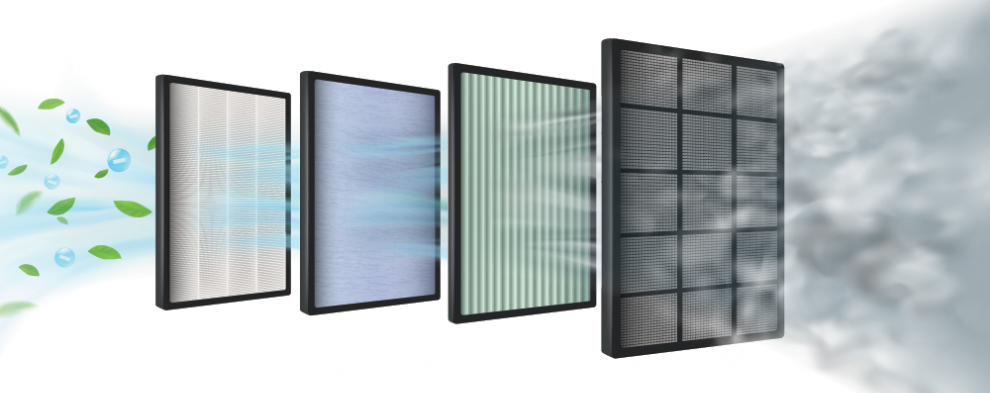Nearly every home and apartment that utilizes an HVAC system will contain an air filter. Your home’s air filter is designed to capture particles such as dust and allergens before they enter your HVAC system and prevents dirty air from circulating through your home. There are many different sizes and types of air filters at varying price points, and with proper maintenance can save money on your energy bill. Do you know which one is right for you?
Let’s start with the basics of home air filter management. You should be changing it out more regularly than you might realize.
- Vacation house or one occupant and no pets or allergies: every 6–12 months
- Ordinary suburban home without pets: every 90 days
- One dog or cat: every 60 days
- More than one pet or if anyone has allergies: 20–45 days
Texas is known for our cedar fever season and if an occupant in your home is especially sensitive or has a chronic condition such as asthma, it’s important to change your filter as often as possible.
There are many different types of filters and sizes as well. The best way to find the correct size filter, is to open up your vent and check to see what’s already there. The size should be printed on the frame of the filter and will be measured width x length x height. It’s recommended that you replace your filters with the same size each month.
Materials are also something to consider when choosing an air filter. If you find a budget option air filter and can see through it, leave it at the store. Pleated filters, which pack more material in the same amount of space, cost just a little more and do a better job of filtering your air. By far the best-pleated filters are electrostatically charged to attract allergens like pollen and pet dander. The best part is they only cost around $15.
So let’s talk about how these air filters can help save money on your electricity bill and the pros and cons of keeping your home as comfortable as possible.
Your HVAC system’s efficiency depends on the airflow. The harder it is for your unit to pull air through your air filter, the less efficient it is at distributing the air through your home which can lead to higher energy bills. By pulling more air through the filter, the system works less and cools/heats your home more efficiently. Cheaper air filters may allow more air to pass through the air filter, but allows more air particles and irritants into your vents which can clog the entire system.
Higher density filters are better quality and can capture a larger amount of particles before they are distributed to your home, but can clog quicker and will require more active maintenance.
Your best bet is to find a filter that matches the ebb and flow of your home. Set a reminder to change it often and select a filter that provides an acceptable amount of comfort for your home’s occupants.

Jackson Ralston
4Change Energy
Jackson Ralston has worked in the Texas electricity industry for over 8 years, helping customers better understand their energy choices. He’s passionate about making electricity simple, affordable, and accessible for busy families and households across the state. When he’s not writing or working on energy content, you’ll find him keeping up with the latest trends in customer-focused technology and service.

